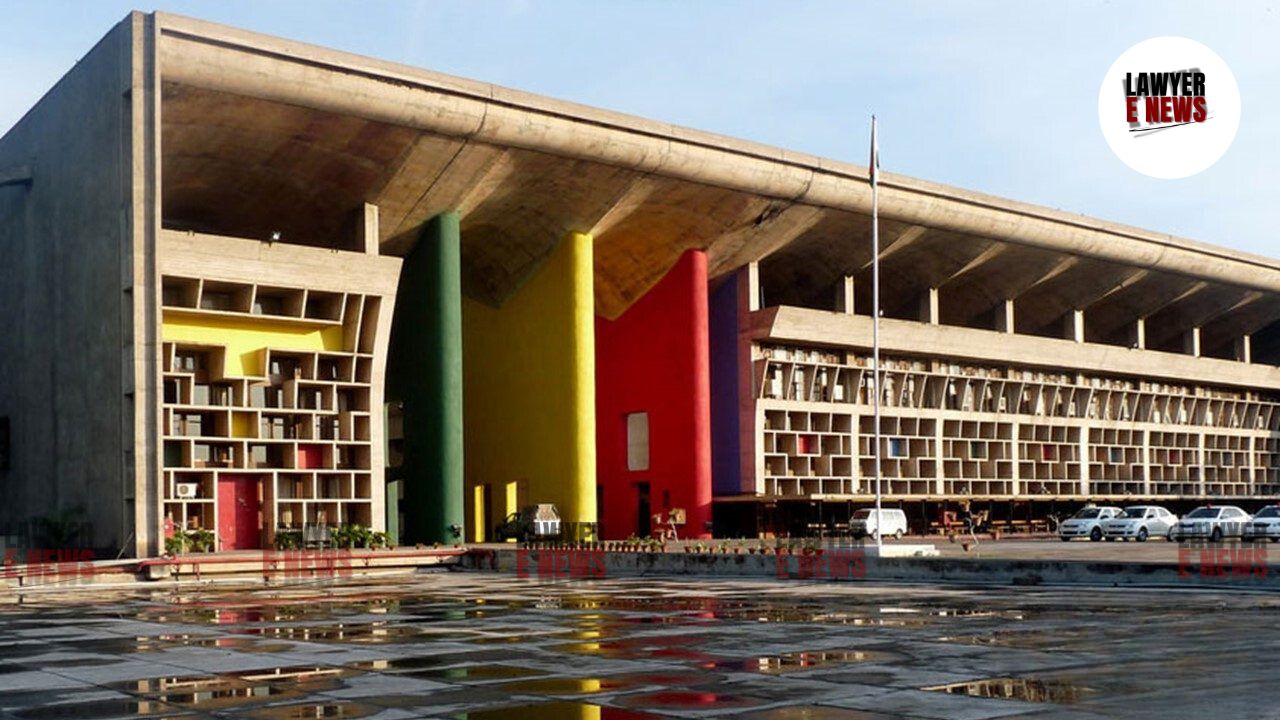-
by Admin
15 February 2026 5:35 AM



In a significant ruling, the High Court of Punjab and Haryana dismissed a writ petition filed by M/S K.B. Foods seeking a new commercial electricity connection, emphasizing the availability of statutory remedies. The judgment, delivered by Justice Vinod S. Bhardwaj, underscored the importance of adhering to the established consumer grievance redressal mechanisms under the Electricity Act, 2003, and related regulations.
M/S K.B. Foods, a partnership firm operating a restaurant under the trademark "Tandoori Bites" in Kapurthala, Punjab, sought a new commercial electricity connection with a load of 48 KV after their existing connection was reduced to 1 KV. The petitioner contended that the reduction in electricity load severely prejudiced their business operations and was done without proper authority. The firm had previously executed lease agreements and maintained occupancy without defaulting on statutory or contractual obligations.
The court noted several ongoing legal disputes involving the petitioner, including a civil suit for declaration of lease rights and a criminal writ petition for protection against alleged harassment by the lessor’s attorney. The court highlighted that the reduction of the electricity load and the subsequent application for a new connection were intertwined with these pending litigations.
Justice Bhardwaj pointed out that the petitioner failed to utilize the available statutory remedies before approaching the High Court. The Electricity Act, 2003, mandates the establishment of Consumer Grievance Redressal Forums and Ombudsman for addressing such grievances. The court emphasized the necessity of exhausting these remedies before seeking judicial intervention.
The judgment extensively discussed the procedural requirements under the Electricity Act, 2003, and related regulations, such as the Punjab State Electricity Regulatory Commission (Electricity Supply Code and Related Matters) Regulations, 2014. It highlighted the comprehensive grievance redressal mechanisms available to consumers, including filing complaints with the Consumer Grievance Redressal Forum and appealing to the Ombudsman if dissatisfied with the forum’s decision.
"The High Court will not entertain a writ petition under Article 226 if an effective alternative remedy is available to the aggrieved person or if the statute provides a mechanism for redressal of grievances," the court stated, citing precedents from the Supreme Court.
Justice Bhardwaj remarked, "Effective, efficient, and expeditious alternative remedies have been provided by the statute. The petitioner is required to approach the statutory authorities before invoking the discretionary remedy under Article 226 of the Constitution."
The High Court's dismissal of the writ petition reinforces the judiciary's stance on adhering to statutory remedies before seeking judicial review. This judgment underscores the importance of utilizing established consumer grievance mechanisms and is expected to guide future litigants in similar disputes. The decision reflects the court’s commitment to maintaining procedural integrity and preventing forum shopping.
Date of Decision: 02 July 2024
